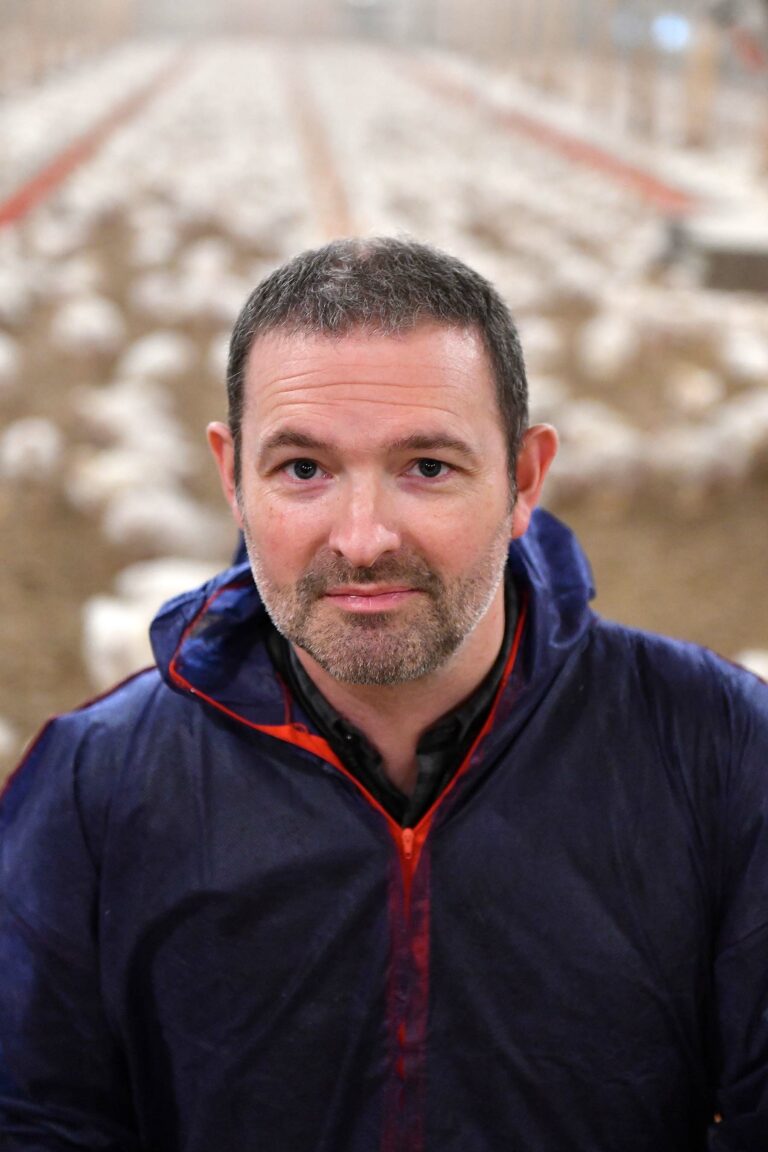What you feed chicks in their first few days will have a bearing on their lifetime performance. This is becoming more recognised as we see results from feeding advanced pre-starter diets.
A young chick only eats about 100g of feed from hatch to about day four or five, which is about 3% of the total feed intake. But this relatively small volume of feed, can promote cost-effective improvements in lifecycle performance.
“By feeding a well-designed pre-starter feed we can expect birds to achieve higher carcase weights, with greater uniformity, improved welfare and with fewer setbacks, such as leg issues,” says Cargill’s poultry manager David McBride.
Cargill’s new Neochicc pre-starter diets fed in the first 120 hours of life are proof of this. UK trial results show an improvement in feed conversion rates, with an average reduction across all trials of three points. Weights from day seven were consistently higher and overall profitability improved by 5p a bird.
“These diets are made up of highly digestible ingredients that have precise amounts of protein, starch, fat and additives to promote maximum nutrient digestibility, and an improved package of essential oils and organic acids to support gut health and nutrient absorption,” he adds. The natural antioxidant Proviox and an organic selenium yeast to support bird health are also included.
Also, these diets should be designed to offer the flexibility needed to meet specific needs such as leg strength or weight gain in cases of low hatching weights, or to be tailored to improve specific growth and development targets in a flock. “No one size fits all. A bespoke pre-starter diet is required for each flock.
However advanced and fine-tuned the formulation is, it must be appealing. “It needs to be appetising and palatable, and very consistent – every pellet counts when chicks are eating relatively small amounts,” says McBride.
The correct combination of advanced ingredients to stimulate early development of the gut, enzyme production and microflora development. These factors all support gut health, the immune system development and overall feed efficiency.
“Nutritional progress comes from getting more value from the feed with less waste and better health and welfare performance. These the key ingredients will help chicks achieve their genetic potential and support performance and economic sustainability on our units. The pre-starter diet is a crucial building block in achieving these goals.”


